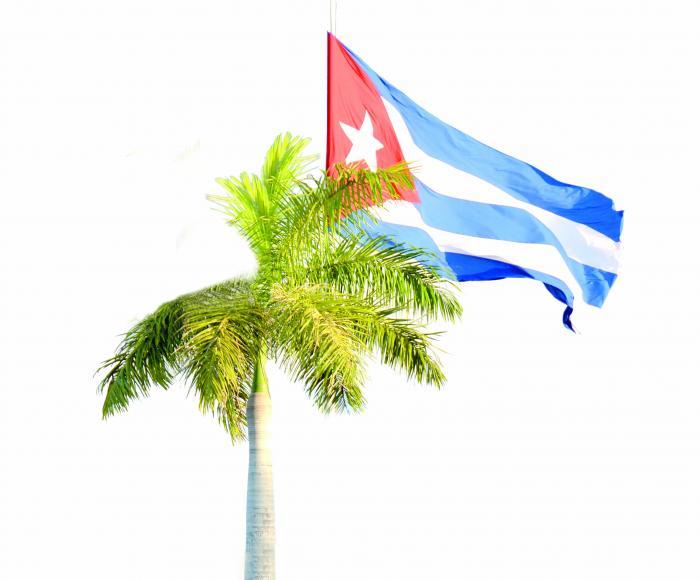The United States adopts measures in the right direction, but the blockade remains
 15 January 2025
15 January 2025



On January 14, 2025, the U.S. Government announced the decision to: 1) exclude Cuba from the State Department's list of countries that allegedly sponsor terrorism; 2) make use of the presidential prerogative to prevent action in U.S. courts against lawsuits filed under Title III of the Helms-Burton Act; and 3) eliminate the list of restricted Cuban entities that designates a group of institutions with which U.S. citizens and institutions are prohibited from engaging in financial transactions, which has had an effect on third countries.
Despite its limited nature, this is a decision in the right direction and in line with the sustained and firm demand of the Government and the people of Cuba, and with the broad, emphatic and reiterated call of numerous governments, especially in Latin America and the Caribbean, of Cubans living abroad, of political, religious and social organizations, and of numerous political figures in the United States and other countries. The Government of Cuba thanks everyone for their contribution and sensitivity.
This decision puts an end to specific coercive measures that, together with many others, cause serious damage to the Cuban economy, with a severe effect on the population. This is and has been an issue in Cuba's official exchanges with the U.S. Government.
It is important to point out that the economic blockade and a good part of the dozens of coercive measures that were put into effect since 2017 to reinforce it remain in force, with full extraterritorial effect and in violation of International Law and the human rights of all Cubans.
To cite just a few examples, the illegal and aggressive persecution continues against fuel supplies that Cuba has a legitimate right to import. The cruel and absurd persecution of Cuba's legitimate international medical cooperation agreements with other countries continues, threatening to deprive millions of people of health services and limiting the potential of Cuba's public health system. Cuba's international financial transactions or those of any nationals that are related to Cuba remain under prohibition and retaliation. Merchant ships docking in Cuba also remain under threat.
On the other hand, every U.S. citizen, company and subsidiary entity of a U.S. corporation is prohibited from trading with Cuba or Cuban entities, except for very restricted and regulated exceptions. Harassment, intimidation and threats against the national of any country that intends to trade with or invest in Cuba continue to be official U.S. policy. Cuba continues to be a destination that the U.S. Government prohibits its citizens from visiting.
The economic war remains and persists in posing the fundamental obstacle to the development and recovery of the Cuban economy at a high human cost to the population, and continues to be a stimulus to emigration.
The decision announced today by the United States corrects, in a very restricted way, aspects of a cruel and unjust policy. It is a correction that occurs now, on the verge of a change of government, when it should have been made years ago, as an elementary act of justice, without demanding anything in return and without fabricating pretexts to justify inaction, if it was desired to act correctly. In order to exclude Cuba from the arbitrary list of State sponsors of terrorism, it should have been enough to acknowledge the truth, the total absence of reasons for such designation and the exemplary performance of our country in the fight against terrorism, which even U.S. government agencies have admitted.
It is known that the U.S. government could reverse the measures adopted today in the future, as has happened on other occasions and as a sign of the lack of legitimacy, ethics, consistency and reason in its conduct against Cuba.
To do so, U.S. politicians do not usually stop to find honest justification, as long as the vision described in 1960 by the then Assistant Secretary of State Lester Mallory, and the goal described by him of subduing the Cubans by means of economic siege, misery, hunger and desperation, remains in force. They would not stop at justifications as long as that government continues to be incapable of recognizing and accepting Cuba's right to self-determination, and as long as it continues to be willing to assume the political cost of international isolation caused by its genocidal and illegal policy of economic asphyxiation against Cuba.
Cuba will continue to confront and denounce this policy of economic warfare, the interference programs and the disinformation and discrediting operations financed every year with tens of millions of dollars from the U.S. federal budget. It will also remain willing to develop a relationship of respect with that country, based on dialogue and non-interference in each other's internal affairs, despite differences.
Havana, January 14, 2025




